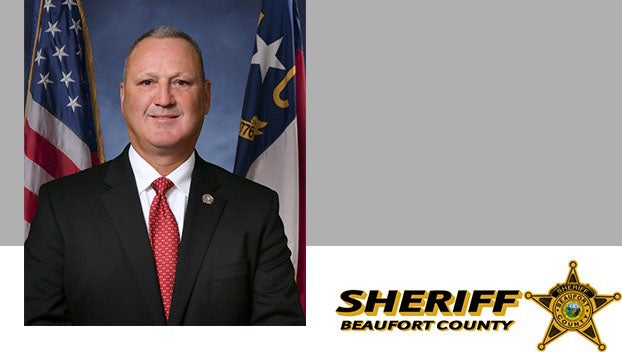Team provides health-related insight
Published 5:11 pm Saturday, July 20, 2013
Michele Oros recalled one reaction she got from her children after serving them one of her healthful, exotic concoctions.
“At one point, my youngest said, ‘Why can’t you cook normal food?’ They complained, but none were close to starvation. So, I was not concerned,” she said.
Now that her children are 19, 21 or 23 year old, she said, they have thanked her for making them fearless eaters and broadening their palates.
As chairwoman of Beaufort County Schools’ Health Advisory Council, Oros will not be sharing any recipes in school cafeterias. But she will continue to encourage introducing students to healthful options and foods they may not see at their kitchen tables.
“I’m very much in favor of using our school cafeteria as a teaching moment,” Oros said. “Not only for the health of our kids, but to introduce them to different foods. So that if they are not used to baked chicken, instead of fried chicken, when they get out on their own, they can say they tried it in school.”
Some students may not encounter whole grains at home, but they have at school. School cafeterias have transitioned to whole-wheat pastas.
The Health Advisory Council is a team of local health professionals and school employees who meet twice a year to advise the school system on health concerns. The council does not make school policy, but it provides a host of suggestions for the school board to consider and adopt.
It was years ahead in recommending smoke-free schools, and it started the discussion of concussion-awareness training in athletics long before it became a hot topic in the nation. The council also recommended appealing to dental hygienists for free services to students long before N.C. Smiles came to be.
This year’s list included several new concepts. The council recommended creating a speaker’s bureau of subject matter experts willing to be guest speakers at schools. A similar bureau is under development by Stacey Gerard in career and technical education.
Oros said volunteers would not necessarily have to stand before an audience of students and give a speech. They could get involved in a lesson plan, providing real-life examples.
“I think it would add a lot of credibility to what the teachers are teaching,” she said.
The council also recommended the formation of a wellness advisory committee. The school system-level committee would be a mix of staff and parents who would organize events to promote healthy living.
This year’s plan increased its focus on employee wellness and community involvement. Oros hopes to see the plan become a catalyst for walking clubs and classes at each school. She was encouraged by the positive reception by the school board.





